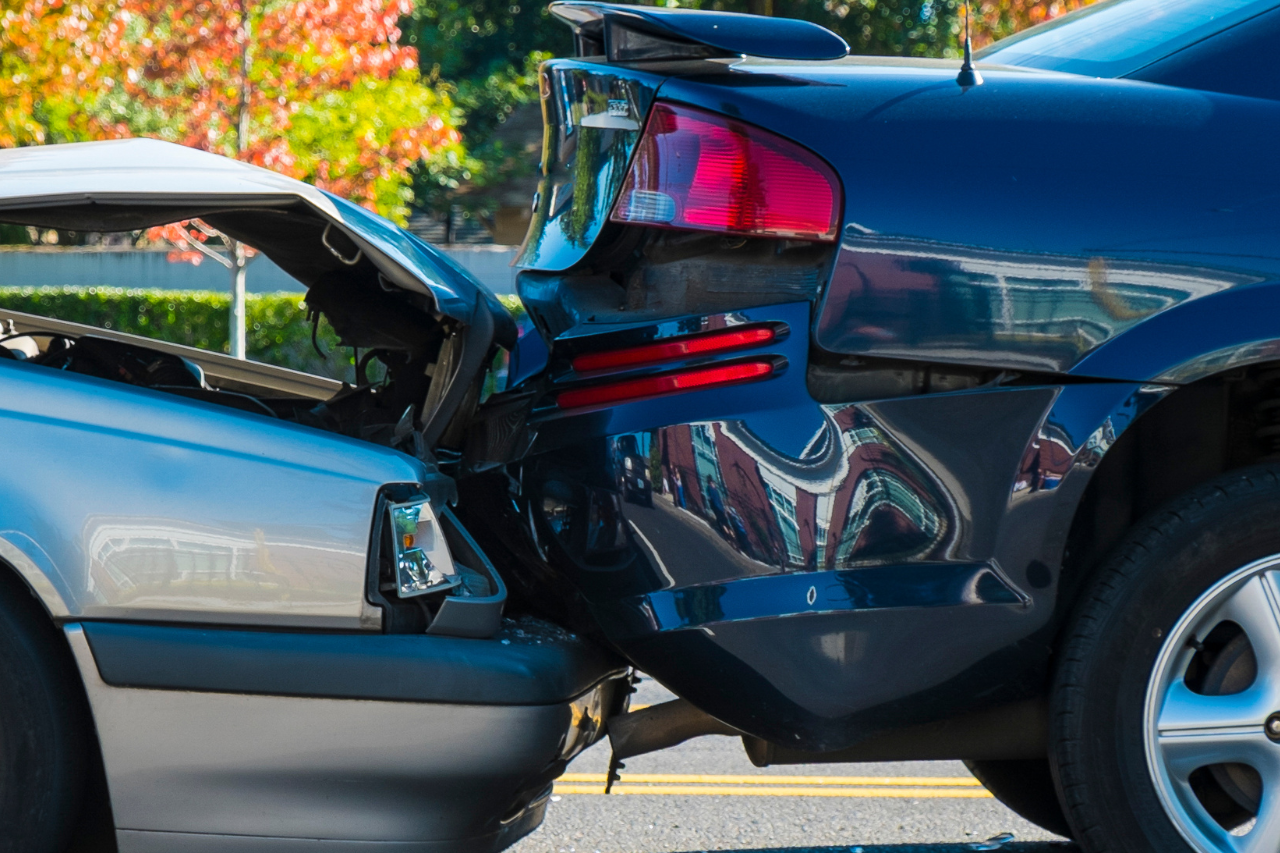
What Happens When Insurance totals Your Car?

Share:
If you’ve been in a car accident and your vehicle is damaged beyond repair, your insurance company will “total” the car. This means that they will declare it a complete loss and pay you the actual cash value (ACV) of the vehicle.
However, if you owe more money on the car than what it’s worth, you will be responsible for paying the difference. This is called the “gap” and can leave you in a difficult financial situation.
In this article, we’ll discuss what happens when insurance totals your car and how to avoid being left with a gap.
Key Things to Know About Totaled Cars
1. Your insurance company will declare your car a total loss if the repairs would cost more than the ACV of the car.
2. You will be paid the ACV of the car, minus any deductible you are responsible for.
3. If you owe more money on the car than it is worth, you will be responsible for paying the difference.
4. You may be able to purchase the totaled car from your insurance company for a salvage value.
5. You can avoid being left with a gap by getting gap insurance when you purchase your car.
What Happens When Insurance Totals Your Car?
If your car is totaled in an accident, your insurance company will pay you the ACV of the vehicle minus any deductible you are responsible for. The ACV is the actual cash value of your car and takes into account depreciation.
However, if you owe more money on the car than it is worth, you will be responsible for paying the difference. This is called the “gap” and can leave you in a difficult financial situation.
You may be able to purchase the totaled car from your insurance company for a salvage value. This is the value of the car minus the cost of repairs. You can then use the salvage value to pay off your loan or lease.
You can avoid being left with a gap by getting gap insurance when you purchase your car. Gap insurance covers the difference between the ACV of your car and the amount you owe on your loan or lease.
If you have gap insurance and your car is totaled, your insurance company will pay off the entire loan or lease. This will leave you with no out-of-pocket expenses and no gap to worry about.
What Is ACV?
Actual cash value is the value of your car minus depreciation. Depreciation is the loss in value that occurs over time due to normal wear and tear.
The formula for calculating ACV is:
ACV = Sale price – Depreciation
For example, let’s say you bought a car for $20,000 two years ago. The car’s value has depreciated by $5,000, so the ACV is $15,000.
What Is the Gap?
The gap is the difference between the actual cash value of your car and the amount you still owe on your loan.
For example, let’s say you still owe $17,000 on your car loan when your car is totaled in an accident. The insurance company pays you $15,000 for the ACV of the car, leaving you with a $2,000 gap.
How to Avoid the Gap
There are a few things you can do to avoid being left with a gap when your car is totaled.
- First, you can add gap insurance to your policy. This will pay the difference between the ACV of your car and the amount you owe on your loan.
- Second, you can make a larger down payment when you purchase your car. This will reduce the amount you owe and decrease the chance that you’ll be left with a gap.
- Third, you can finance your car for a shorter term. This will also reduce the amount you owe and decrease the chance of having a gap.
- Fourth, you can pay off your car loan early. This will ensure that you owe nothing when your car is totaled and eliminate the possibility of a gap.
Finally, you can trade in your car before it’s totaled. This will allow you to pay off the loan and avoid a gap.
How is your totaled vehicle covered on your policy?
Most insurance policies will cover your vehicle for its ACV, minus any deductible. However, if you have a loan or lease on the car, the lender will still require you to carry collision and comprehensive coverage.
This means that if your car is totaled, the insurance company will pay the lender the ACV of the car, minus your deductible. The lender will then cancel the loan and you will no longer be responsible for making payments.
However, you will still be responsible for any gap between the ACV of the car and the amount you owe on the loan.
To avoid this, you can add gap insurance to your policy or make a larger down payment when you purchase the car.
What if my car is totaled and I don’t have collision or comprehensive coverage?
If your car is totaled and you don’t have collision or comprehensive coverage, you will be responsible for paying off the loan or lease.
You may also be responsible for any gap between the ACV of the car and the amount you owe on the loan.
To avoid this, you should always carry collision and comprehensive coverage on your vehicle. You can also add gap insurance to your policy or make a larger down payment when you purchase the car.
What if my car is totaled and I don’t have insurance?
If your car is totaled and you don’t have insurance, you will be responsible for paying off the loan or lease.
You may also be responsible for any gap between the ACV of the car and the amount you owe on the loan.
To avoid this, you should always carry collision and comprehensive coverage on your vehicle. You can also add gap insurance to your policy or make a larger down payment when you purchase the car.
Bottom Line
If your car is totaled in an accident, your insurance company will pay the ACV of the car, minus your deductible. If you have a loan or lease on the car, you will still be responsible for making payments.
To avoid this, you can add gap insurance to your policy or make a larger down payment when you purchase the car. You can also finance your car for a shorter term or pay off your loan early.
If you don’t have insurance, you will be responsible for paying off the loan or lease. You may also be responsible for any gap between the ACV of the car and the amount you owe on the loan. To avoid this, you should always carry collision and comprehensive coverage on your vehicle.
If you have any questions about what happens when insurance totals your car, please contact an agent.
Most Popular


What Does Travel Insurance Cover for Families? A Complete Guide






